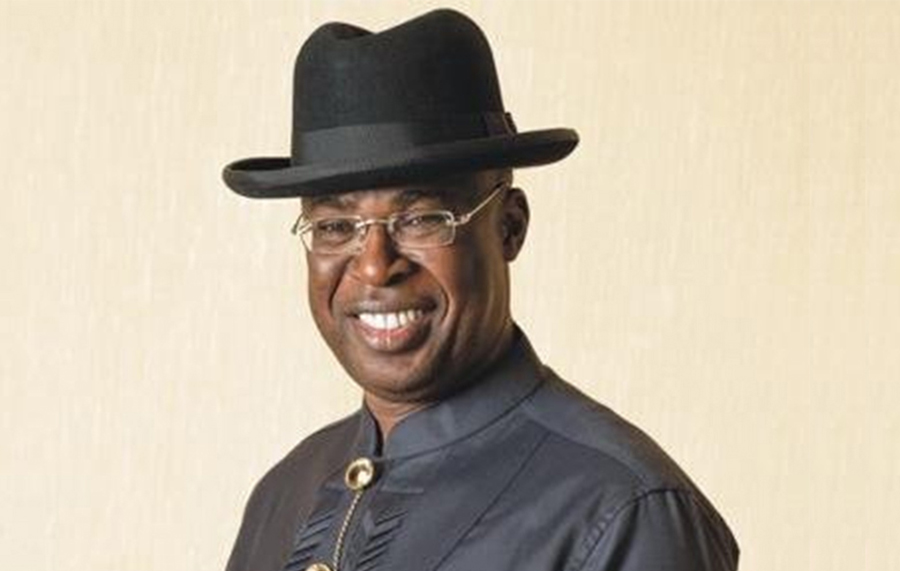Nigeria has thrown itself into the battle for market share that was started by Saudi Arabia, offering its main export crudes at the lowest price relative to the international benchmark in more than a decade.
Nigeria, which relies on oil shipments for about two-thirds of government revenue, is also increasing output. This was disclosed by the Oil Minister, Timipre Sylva in an interview with Bloomberg recently.
The fact that one of Africa’s oldest oil producers is considering the possibility of shutting down wells underscores the unprecedented situation the market currently faces. Global oil demand is dropping by as much as 20 million barrels a day, about 20%, as billions of people go into lock-down to slow the spread of COVID-19 pandemic.
At the same time, record Saudi Arabia’s production threatens to fill global storage tanks within months.
Nigeria is increasing output after an alliance between Russia and the Organization of Petroleum Exporting Countries collapsed earlier this month. Saudi Arabia responded by unleashing a flood of oil onto the global market just as the coronavirus pandemic hammers demand, driving U.S. crude prices down to the lowest in 18 years.
(READ MORE: Crude Oil: Unsold cargoes forces price slash)
Nigeria is hoping to increase the daily production of crude and a light oil called condensate to 2.5 million barrels a day from about 2.2 million currently, Sylva said.
Most of Nigeria’s crude is pumped by Royal Dutch Shell Plc, Exxon Mobil Corp., Chevron Corp., Total SA and Eni SpA in partnerships with NNPC.
However, if the oil price battle can’t be settled and crude prices remain low, Nigeria’s strategy of pumping flat out may have to reverse because it ceases to make commercial sense, said Nigeria’s oil minister.
In addition, the oil Minister urged the restrain between Saudi Arabia and Russia, the major players in a global alliance of producers known as OPEC+ that was created in 2016. “It’s in our interests, collective interests, to ensure that we are able to stabilize the market,” he said.
“We are taking a very close look at all the production streams,” he added. “Anyone which is not producing profitably will be shut down.”
The oil minister supported the appeal from the U.S. government for Saudi Arabia to scale back its flood of oil in order to provide some respite for the American shale drillers. “For Donald Trump to be talking this way, about stabilizing the market as well, for us, its music,” he said.
In response to the plunging oil prices, Nigeria is cutting its annual spending plan, which was based on a crude-price projection of $57 a barrel. Brent crude is currently trading closer to $25, after plunging about 60% this year.
